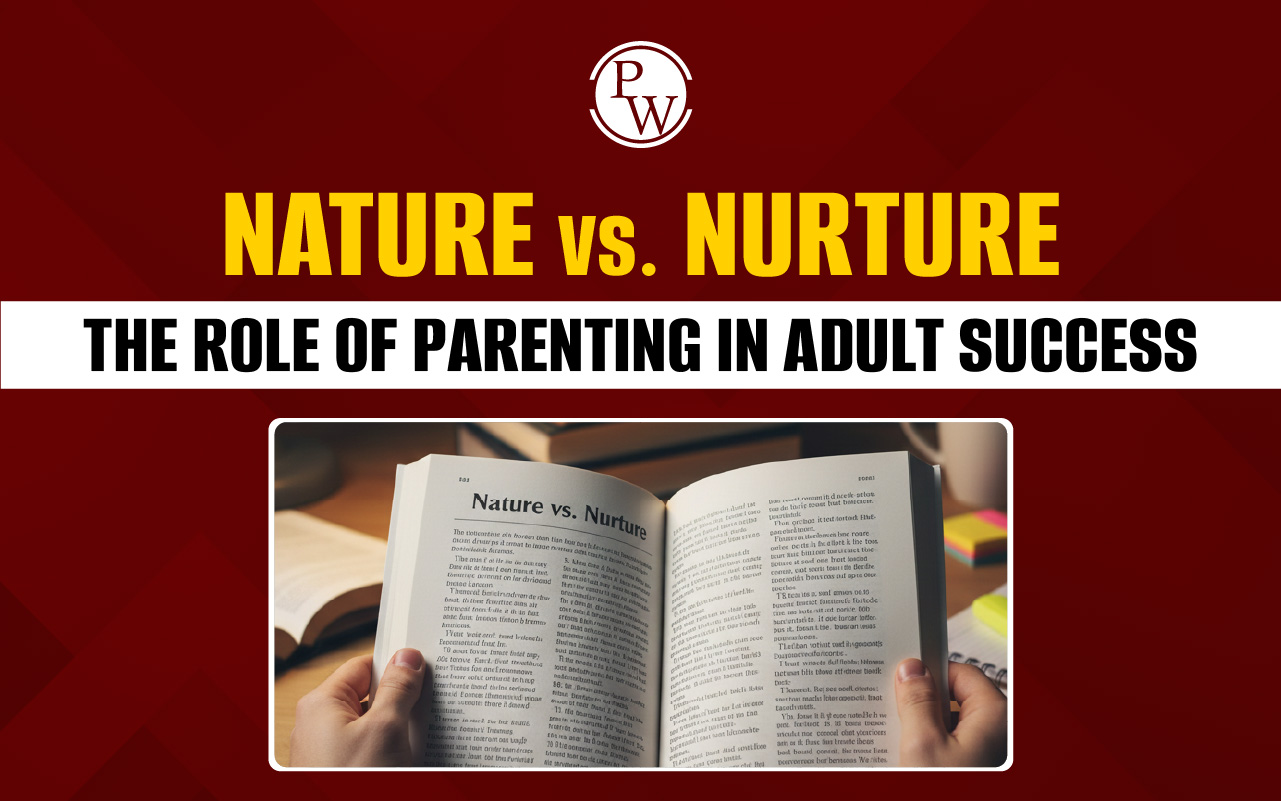
British or American English in the IELTS Test?: British or American English? Which English is better for Indian students is very hard to choose. International English Language Testing System or IELTS is accepted in over 140 countries for education, work, and immigration purposes, therefore, both British and American English are accepted.
However, maintaining consistency in spelling and grammar is important throughout the IELTS test. Meanwhile, mixing both language forms may affect your overall IELTS band score. In this guide, we have included key differences between British and American English, including vocabulary, grammar, pronunciation, and spelling. Read till the end to decide which one to use between British or American during the test.
Click Here to Explore IELTS Online Courses
British or American English in the IELTS Test?
IDP has not provided any official statement favouring any form of English for appearing for the test. Candidates can use either British or American English at their own convenience. However, aspirants should maintain consistency throughout the test to avoid any negative effects.
For example, in the IELTS Reading and Writing sections, candidates can use either of the two forms depending on their strengths and weaknesses. Meanwhile, in the Listening and Speaking sections, it is important to familiarise yourself with different pronunciations and accents including British, American, Australian, and others.
Vocabulary Differences Between British and American English
Choosing the proper vocabulary plays an important role in the Listening and Reading sections. British and American English sometimes use different words for the same thing. Here are a few examples:
|
Vocabulary Differences Between British and American English |
|
|---|---|
|
British English |
American English |
|
Clothes |
|
|
trousers |
pants |
|
trainers |
sneakers |
|
jumper |
sweater |
|
dungarees |
overalls |
|
nappy |
diaper |
|
Food |
|
|
chips |
french fries |
|
aubergine |
eggplant |
|
biscuit |
cookie |
|
candy floss |
cotton candy |
|
maize |
corn |
|
School |
|
|
full stop |
period |
|
maths |
math |
|
rubber |
eraser |
|
plaster |
band-aid |
|
loo |
bathroom |
|
Homes |
|
|
flat |
apartment |
|
lift |
elevator |
|
washbasin |
sink |
|
wardrobe |
closet |
|
torch |
flashlight |
|
Cars |
|
|
lorry |
truck |
|
windscreen |
windshield |
|
bonnet |
hood |
|
boot |
trunk |
|
indicator |
blinker |
Spelling Differences
The spelling of words can vary for British and American English. American people sometimes spell words differently to gain some independence. Additionally, spellings differ due to the languages the words were adopted from. Some common spelling differences between British and American English include:
|
Spelling Differences Between British and American English |
|
|---|---|
|
British English |
American English |
|
-RE / -ER |
|
|
Centre |
Center |
|
Metre |
Meter |
|
Litre |
Liter |
|
Theatre |
Theater |
|
Fibre |
Fiber |
|
-OUR / -OR |
|
|
Colour |
Color |
|
Neighbour |
Neighbor |
|
Favourite |
Favorite |
|
Humour |
Humor |
|
Labour |
Labor |
|
-SE / -ZE |
|
|
Apologise |
Apologize |
|
Realise |
Realize |
|
Memorise |
Memorize |
|
Organise |
Organize |
|
Specialise |
Specialize |
|
-LL / -L |
|
|
Traveller |
Traveler |
|
Signalling |
Signaling |
|
Modelling |
Modeling |
|
-T / -ED |
|
|
Dreamt |
Dreamed |
|
Learnt |
Learned |
|
Burnt |
Burned |
| IELTS Exam Important Links | |
|---|---|
| IELTS Reading Band Score | IELTS Listening Band Score |
| IELTS Speaking Band Score | IELTS Writing Band Score |
Grammar Differences
Grammar rules also vary slightly between British and American English. Some key differences include:
|
Grammar Differences Between British and American English |
|
|---|---|
|
British English |
American English |
|
Shall |
|
|
Shall we go to the theatre now? |
Should we go to the theater now? OR Would you like to go to the theater now? |
|
Got / Gotten |
|
|
Has he got the papers yet? |
Has he gotten the papers yet? |
|
Collective Nouns + is/are |
|
|
The team are playing a game tomorrow night. |
The team is playing a game tomorrow night. |
|
Prepositions |
|
|
What do you do at the weekend? |
What do you do on the weekend? |
|
I live in that street. |
I live on that street. |
|
Needn't |
|
|
She needn't come to the party. |
She doesn't need to come to the party. |
Pronunciation Differences Between British and American English
Some pronunciation differences include:
-
The /r/ sound is more pronounced in American English, whereas it is often silent in British English unless followed by a vowel.
-
In words like "often" and "water," British speakers pronounce the /t/ sound, whereas American speakers may soften or drop it.
-
The word “can’t” is pronounced /kant/ in British English and /kaent/ in American English.
IELTS Online Coaching 2025, Free Courses for Study
Which Should You Use in the IELTS Test?
IELTS allows both British and American English to attempt the test. Candidates can choose any of the two languages at their convenience. However, candidates are advised to follow the language they are more familiar with. Meanwhile, for answer writing, students are recommended to avoid mixing spelling. For the IELTS listening section, candidates are suggested to listen to different accents for better understanding and interpretation.
Guidance of PW IELTS
Physics Wallah offers multiple online IELTS courses for all students. Follow the IELTS pages to better prepare for the exam.
| What is IELTS Exam? | Documents Required for IELTS Registration |
| IELTS exam eligibility requirements | IELTS Exam Fees |
| IELTS test results | IELTS Exam Pattern |
British or American English in the IELTS Test FAQs
Should I use American or British English in IELTS?
Should I use British or American English?
Can you use an American accent in IELTS?
Do we study American English or British English in India?
Which is good, American or British English?










